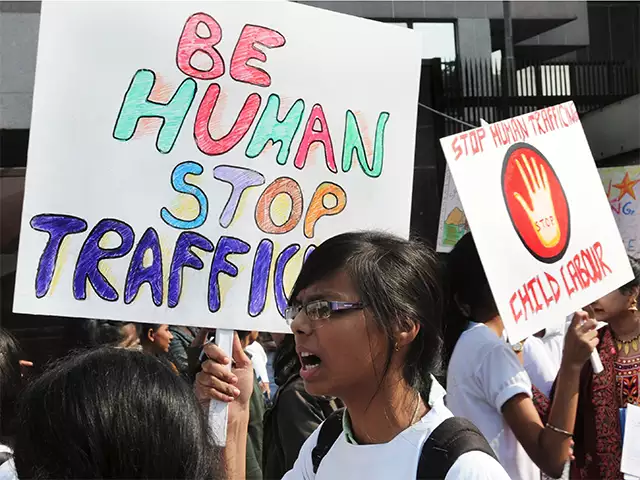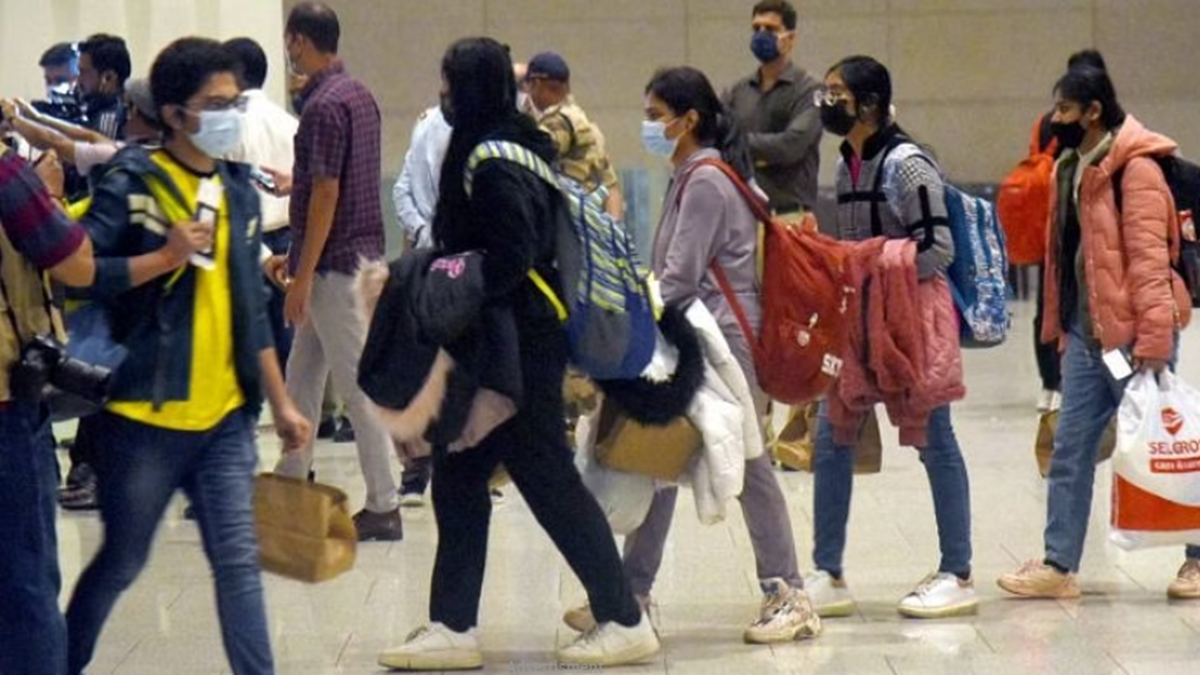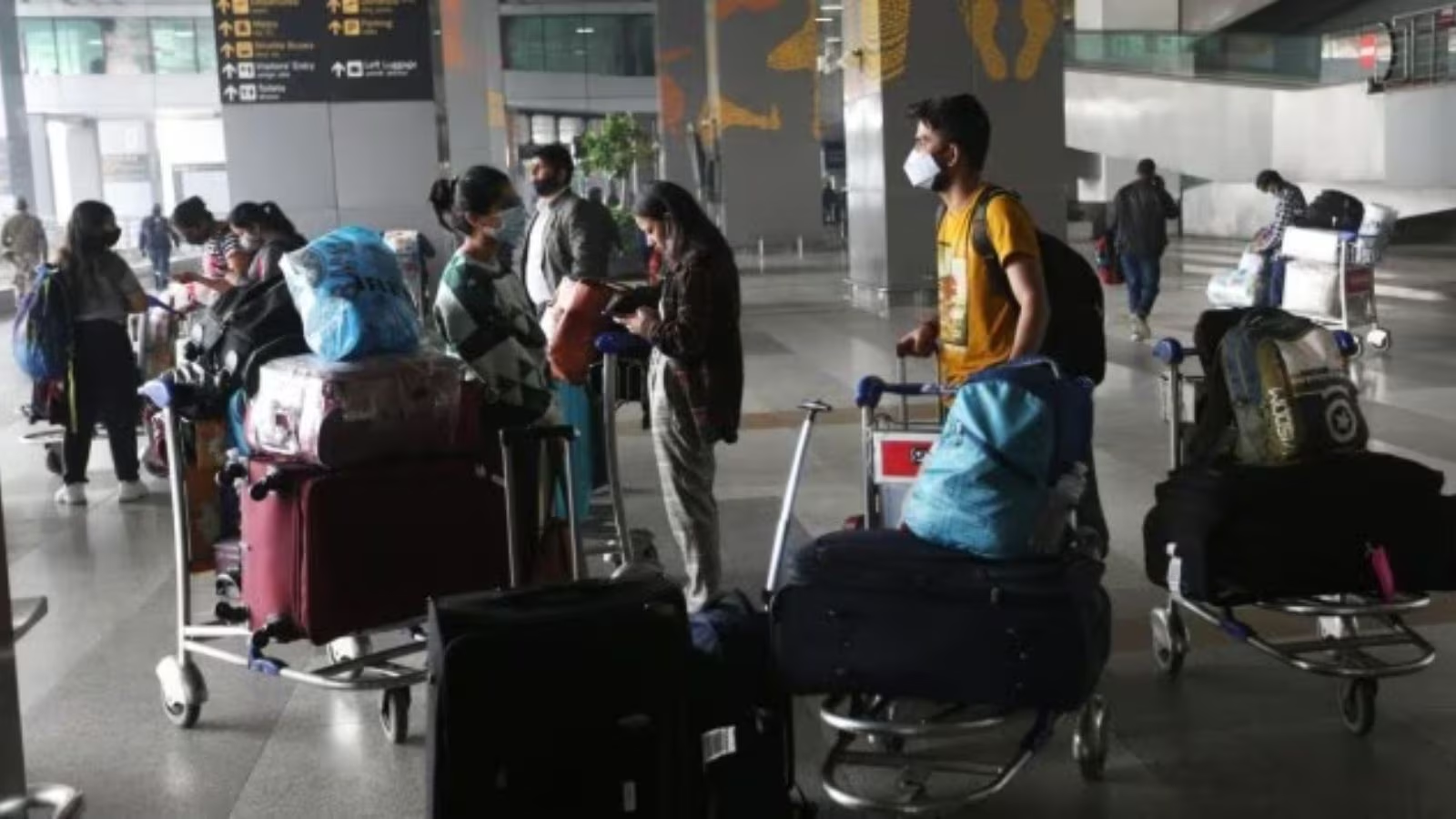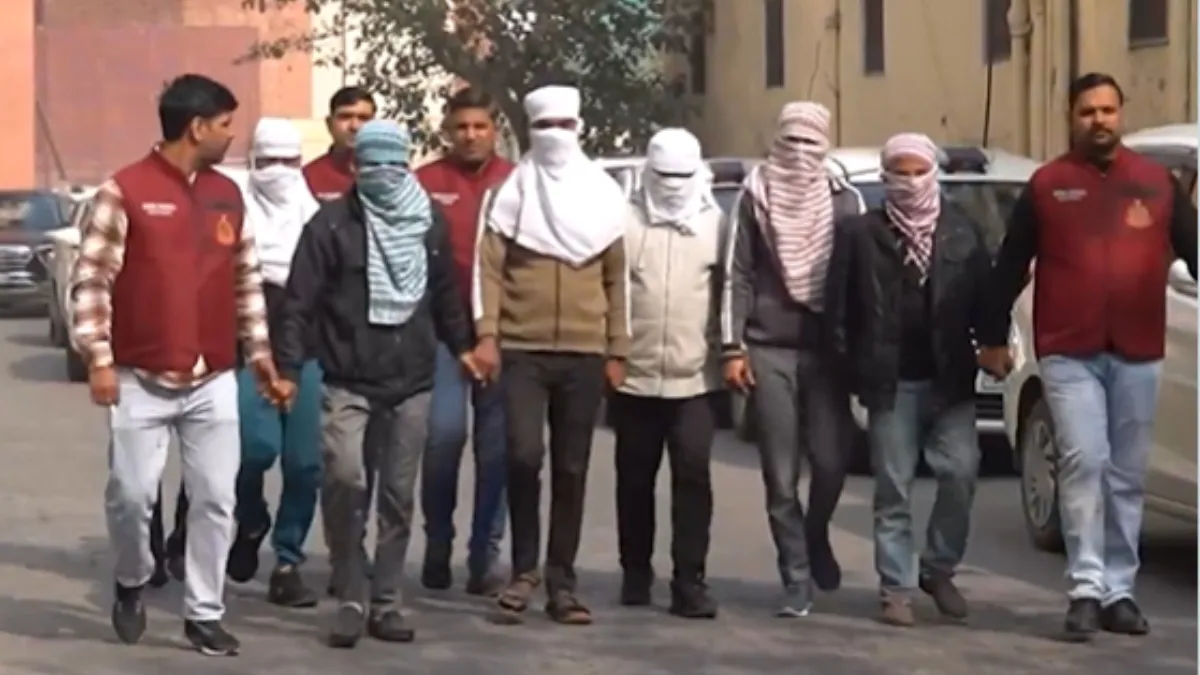In recent parliamentary discussions, India’s Minister of State for External Affairs, V Muraleedharan, disclosed that nearly 100,000 illegal Indian migrants attempted to enter the United States this year, referencing data from the US Customs and Border Protection
After an extended stay at France’s Vatry airport, a Romania-based airline finally touched down in Mumbai with 276 of the original 303 passengers. Although the flight was initially bound for a Central American destination, prosecutors handling the case refrained from commenting on whether the passengers’ intended final stop might have been the US. Notably, there has been a notable increase in Indians crossing the Mexico-U.S. border this year.
In recent parliamentary discussions, India’s Minister of State for External Affairs, V Muraleedharan, disclosed that nearly 100,000 illegal Indian migrants attempted to enter the United States this year, referencing data from the US Customs and Border Protection.
The United States has classified India as one of several countries failing to meet minimum standards for eliminating human trafficking, placing it in the Tier 2 category in the 2023 Trafficking in Persons Report. While acknowledging that India is making significant efforts to combat human trafficking, the report emphasized that the country does not fully meet the required standards.
Released in June, the report highlighted India’s progress in joint efforts between states and the central government, as well as collaboration with foreign governments on various trafficking cases. It commended the Ministry of Home Affairs for providing financial assistance to states and union territories to enhance the capabilities of officials combatting trafficking.
However, the report pointed out areas where India fell short of meeting minimum standards. Notably, there were fewer prosecutions and convictions of human trafficking cases, a decline in the identification of trafficking victims, and a 75% reduction in the identification of bonded labor victims. The government also faced criticism for not amending Section 370 of the Indian Penal Code to criminalize all forms of trafficking.
Section 370 of the IPC currently criminalizes actions related to slavery, but the report noted that the recently passed Bharatiya Nyaya Sanhita did not address all forms of trafficking, specifically beggary as a form of exploitation.
The report identified instances of forced labor in countries such as Armenia, Portugal, Gabon, the United States, and Zambia, as well as sex trafficking victims in Kenya. Additionally, traffickers subject boys from Assam, Bihar, and Uttar Pradesh to forced labor in Nepal and compel Indian migrants to engage in illegal activities abroad
The report highlighted the prevalence of debt-based coercion employed by traffickers to force victims into low-paying jobs. It cited a study indicating at least eight million trafficking victims in India, predominantly bonded laborers. The most vulnerable groups include those from scheduled castes, scheduled tribes, children of migrant laborers, and those affected by climate change-induced displacement and migration.
Traffickers often exploit Indian migrants seeking employment abroad in various sectors, including construction, domestic work, and factories. The report identified instances of forced labor in countries such as Armenia, Portugal, Gabon, the United States, and Zambia, as well as sex trafficking victims in Kenya. Additionally, traffickers subject boys from Assam, Bihar, and Uttar Pradesh to forced labor in Nepal and compel Indian migrants to engage in illegal activities abroad.
************************************************************************
Readers










